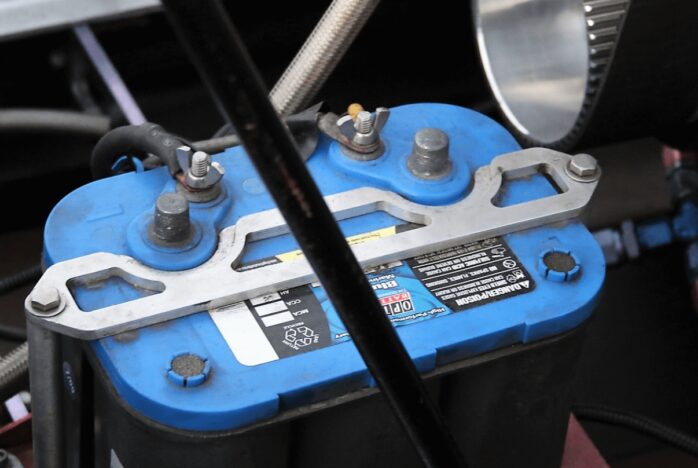
Marine batteries are crucial components of any watercraft, providing the power needed to start engines, operate onboard electronics, and power various accessories. As a boat owner, understanding the lifespan of marine batteries is essential for maintaining optimal performance and avoiding unexpected failures while out on the water. In this comprehensive guide, we will explore the various types of marine batteries, the factors that affect their lifespan, and provide maintenance tips to help prolong their longevity.
Types of Marine Batteries
There are several types of marine batteries available in the market, each with its own advantages and disadvantages. The most common types include lead-acid, AGM (Absorbent Glass Mat), and lithium-ion batteries. While lead-acid batteries have been widely used in the past, they are now being replaced by more advanced technologies such as AGM and lithium-ion batteries.
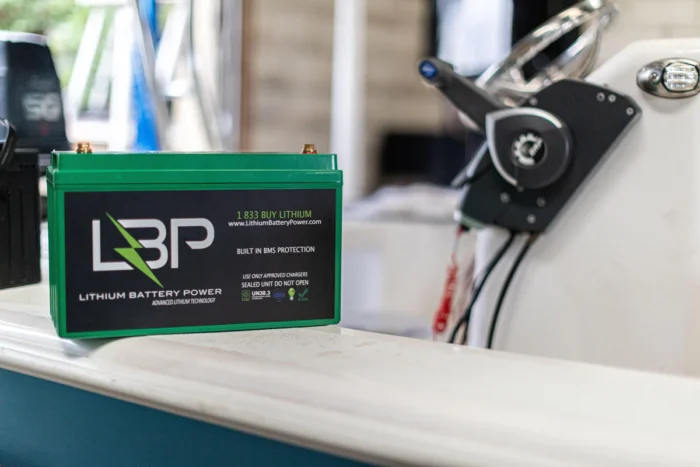
Advantages of Lithium Marine Batteries
Lithium-ion batteries are gaining popularity in the marine industry due to their numerous advantages. These batteries offer a longer lifespan, increased energy efficiency, and are significantly lighter than traditional lead-acid batteries. Additionally, lithium-ion batteries provide consistent power output throughout their discharge cycle and can be recharged more quickly, making them ideal for marine applications.
- Lightweight and Compact: Lithium batteries are significantly lighter and more compact than lead-acid batteries, making them easier to handle and install, which is particularly beneficial in marine applications where space and weight are at a premium. For example, LiTime 12V 100Ah TM Lithium battery weighs only 22lbs while the lead-acid battery with the same capacity weights almost 64lbs.
- High Energy Density: Lithium batteries have a higher energy density, which means they can store more energy in a smaller and lighter package compared to lead-acid batteries, providing longer run times on a single charge.
- Fast Charging: Lithium batteries can be charged at a much faster rate than lead-acid batteries, saving time and allowing for quicker turnaround between uses.
- Longer Lifespan: Lithium batteries generally have a longer lifespan (10 years+) and can endure a higher number of charge-discharge cycles compared to lead-acid batteries, reducing the need for frequent replacements and providing a better long-term investment.
- Maintenance-Free Operation: Unlike lead-acid batteries, lithium batteries do not require regular maintenance such as topping off with water or equalizing charges, which simplifies their upkeep.
- Consistent Voltage: Lithium batteries maintain a more consistent voltage throughout the discharge cycle, providing more reliable power for electronic devices on board and minimizing the risk of damage from voltage fluctuations.
- Safety Features: Advanced lithium marine batteries incorporate built-in safety features to protect against overcharging, over-discharging, low/high temp and short-circuiting, reducing the risk of damage or safety hazards.
- Environmental Impact: Lithium batteries are more environmentally friendly compared to lead-acid batteries, as they contain fewer toxic materials and can be recycled more efficiently.
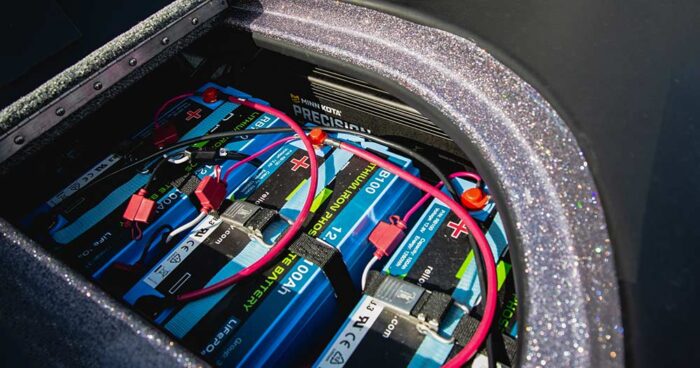
Key Differences Between Marine Deep Cycle and Starting Batteries
Marine deep cycle batteries and marine starting batteries are designed to serve different purposes on a boat, and they have distinct characteristics and capabilities. Here are the key differences between the two types of marine batteries:
Purpose:
- Starting Batteries: These batteries are designed to provide a quick burst of power to start the boat’s engine. They are built to deliver a large amount of current for a short duration.
- Deep Cycle Batteries: These batteries are designed to provide a steady amount of power over an extended period of time, making them suitable for powering accessories like trolling motors, lights, and other electronic equipment on board.
Construction:
- Starting Batteries: They typically have thinner lead plates with more surface area for rapid discharge and are optimized for high cranking amps.
- Deep Cycle Batteries: They have thicker lead plates structured to withstand deep discharges and recharge cycles, providing sustained power over longer periods.
Discharge Depth:
- Starting Batteries: They are designed for shallow discharges, primarily for engine starting and quick recharging.
- Deep Cycle Batteries: They are built to withstand deep discharges without significantly impacting their performance or lifespan.
Longevity and Cycle Life:
- Starting Batteries: They are generally not designed for deep cycling and can be damaged by deep discharges, which can significantly shorten their lifespan.
- Deep Cycle Batteries: They are specifically designed to withstand deep discharges and repetitive recharging cycles, resulting in a longer lifespan compared to starting batteries.
Recharge Rate:
- Starting Batteries: They are designed to accept a rapid charge to replenish their power after engine starts.
- Deep Cycle Batteries: They are designed to accept a slower and steadier charge, as they are often subjected to deeper discharge and require more time to fully recharge.
Weight and Size:
- Starting Batteries: They are generally smaller and lighter compared to deep cycle batteries due to their emphasis on quick bursts of power delivery.
- Deep Cycle Batteries: They tend to be larger and heavier in order to accommodate the thicker lead plates that provide sustained power over longer durations.
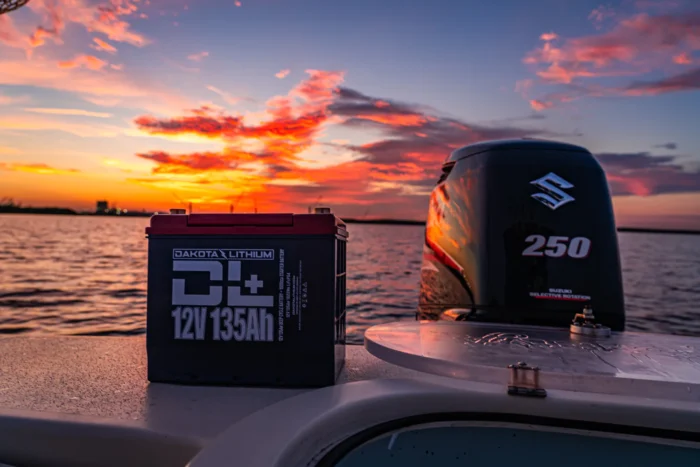
Factors Affecting Deep Cycle Marine Battery Lifespan
Several factors can influence the lifespan of marine batteries. Understanding these factors and taking appropriate measures can help prolong the longevity of your marine battery.
Maintenance Practices
Proper maintenance practices play a crucial role in extending the lifespan of marine batteries. Regularly inspecting the battery for signs of damage, cleaning the terminals, and ensuring a tight connection can prevent corrosion and improve overall performance.
Environmental Influences
The marine environment can be harsh on batteries. Factors such as temperature, humidity, and salinity can impact the lifespan of marine batteries. Extreme temperatures, both hot and cold, can accelerate battery degradation. High humidity levels and exposure to saltwater can also lead to corrosion. Taking steps to protect the battery from these environmental influences, such as using a battery box or enclosure, can help prolong its lifespan.
Usage Patterns
The way you use your marine battery can have a significant impact on its lifespan. Regularly discharging the battery too deeply or overcharging it can lead to premature failure. It is important to follow the manufacturer’s guidelines and avoid excessive discharge or overcharging to maximize the battery’s lifespan.
Charging and Discharging Cycles
The number of charging and discharging cycles a marine battery goes through can affect lifespan. Each battery has a limited number of cycles it can withstand before its performance starts to deteriorate. Lithium-ion batteries, such as the LiTime 12V 100Ah TM Lithium battery battery, are known for their high cycle life and can handle more cycles compared to traditional lead-acid batteries.
Estimating the Lifespan of Marine Batteries
The lifespan of a marine battery can vary depending on various factors, including the type of battery, maintenance practices, and usage patterns. On average, a well-maintained lead-acid battery can last between 3 to 5 years, while an AGM battery can last between 5 to 7 years. Lithium-ion batteries, such as the LiTime 12V 100Ah TM LiFePO4 battery, can have a lifespan of over 10 years with proper care.
Signs of battery degradation, such as decreased capacity, slower cranking, or difficulty holding a charge, indicate that it may be time to consider replacing the battery. Regularly monitoring the battery’s performance and conducting routine inspections can help identify these signs early on.
Factors such as proper maintenance, limited deep discharges, and avoiding overcharging can help extend the lifespan of marine batteries. On the other hand, factors such as exposure to extreme temperatures, high humidity levels, and excessive discharges can shorten the battery’s lifespan.
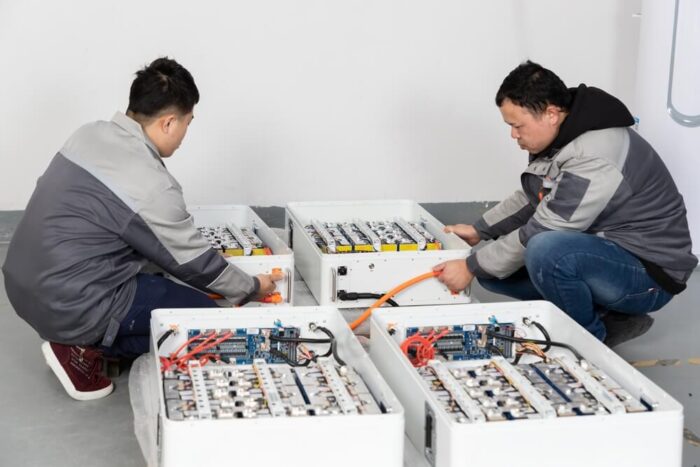
Maintenance Tips for Prolonging Marine Battery Lifespan
Proper maintenance is crucial for maximizing the lifespan of marine batteries. Here are some essential tips to help you prolong the longevity of your marine battery:
Proper Storage and Handling
When not in use, it is important to store marine deep cycle battery in a cool, dry place away from direct sunlight and extreme temperatures. Avoid placing it on concrete surfaces, as they can drain the battery’s charge. Additionally, handle the battery with care and avoid dropping or mishandling it, as this can damage the internal components.
Correct Charging Techniques
Follow the manufacturer’s guidelines for charging your marine battery. Overcharging can lead to battery degradation, while undercharging can result in sulfation and reduced capacity. Using a compatible charger and setting the correct charging voltage and current is crucial for maintaining the battery’s health.
Routine Maintenance
Perform regular inspections of the battery, checking for signs of corrosion, loose connections, or damage. Clean the terminals and connections with a battery cleaning solution and ensure a tight and secure connection. Regularly check the electrolyte levels in lead-acid batteries and top up with distilled water if necessary.
Environmental Considerations
Protecting the battery from extreme temperatures, high humidity, and exposure to saltwater is essential for maximizing its lifespan. Consider using a battery box or enclosure to shield the battery from these environmental factors.
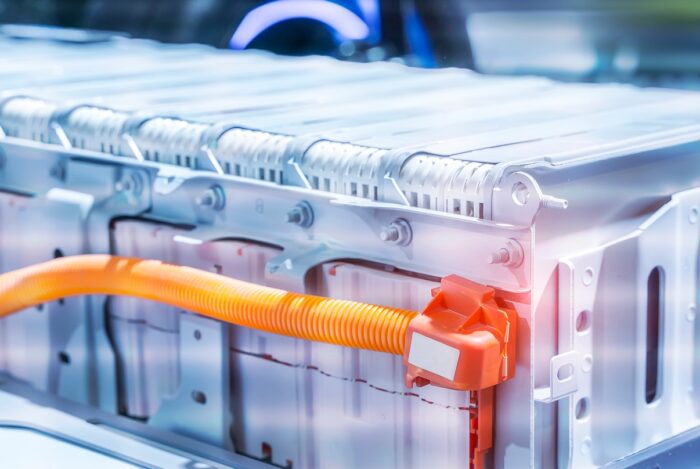
Conclusion
Understanding the lifespan of marine batteries is vital for boat owners who want to ensure optimal performance and reliability. By considering the type of battery, maintenance practices, and environmental influences, you can take steps to prolong the lifespan of your marine battery. Remember to choose a reputable brand and model known for longevity and reliability, such as LiTime 12V 100Ah TM LiFePO4 battery, and follow the recommended maintenance tips to enjoy worry-free boating experiences for years to come.











